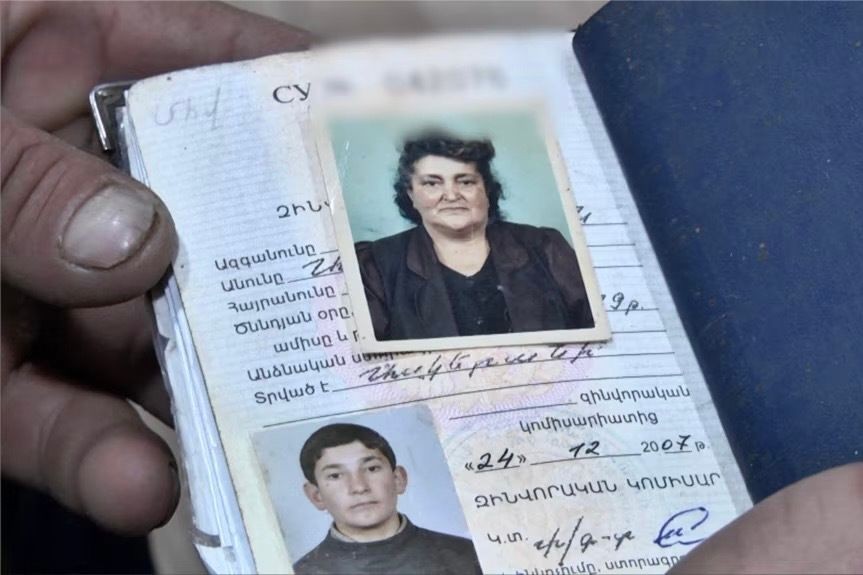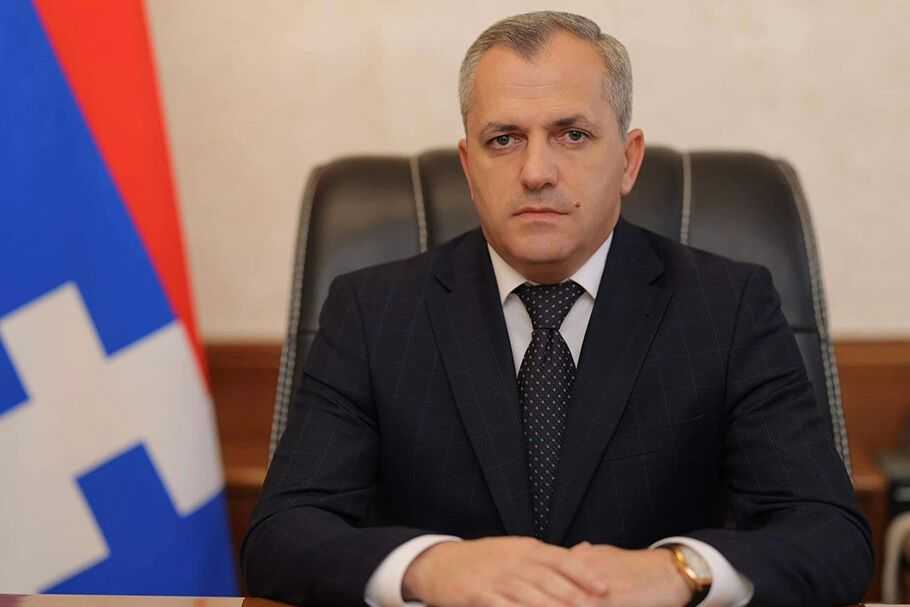Family of deceased Nagorno-Karabakh Armenian reports failed transfer of body to Armenia

The family of Vera Aghasyan, a woman who passed away on 20 October 2024 in Nagorno-Karabakh, has reported the ‘cancelled’ attempt of a transfer of her body shortly after her death. At the same time, Azerbaijan has stated that if Armenia does not take the body, ‘its fate will be determined by the relevant state authorities’.
Aghasyan passed away at the age of 70 in Stepanakert (Khankandi). She was the first out of the handful of Armenians left in Nagorno-Karabakh who have since died.
Most of the Armenian population, over 100,000, fled the region following the final Azerbaijani offensive in September 2023, which occurred after a nine-month blockade.
Azerbaijan’s statement came on Tuesday, with pro-government media outlet APA citing Adalat Hasanov, the Director-General of the Forensic Medical Expertise and Pathological Anatomy Unit.
Hasanov said that Aghasyan’s body ‘is being kept in a reliable place with all the necessary conditions required for this purpose’.
‘In general, bodies are kept in special refrigerators in morgues [...] however, refrigerators cannot completely stop the decomposition process in bodies; they can only slow it down. Sometimes additional methods, such as fixation of the body with formalin, may be needed for this purpose’, Hasanov said.
APA claimed that the Armenian side ‘has not responded to the body handover for nearly five months’.
The Armenian side and Aghasyan’s family were informed of her death through the mediation of the International Committee of the Red Cross (ICRC), APA said, adding that ‘all necessary documentation for the delivery of the body was carried out’.
APA also noted that during a meeting in February 2025, between the interdepartmental commissions addressing the issues of POWs, hostages, and missing persons from Armenia and Azerbaijan, ‘the matter was brought directly to the attention of the Armenian delegation’.
However, Aghasyan’s family stated that Azerbaijan cancelled the transfer shortly after the woman’s death.
On Wednesday, Aghasyan’s son, Arsen Aghasyan, told RFE/RL that two days after his mother’s death, they appealed to the ICRC for the transfer of her body. In early November, they were told by the ICRC that ‘a response had come, that the operation would be successful, and the body would be brought [to Armenia].
Aghasyan said that there was an agreement that on 10 November the body would be transferred, but they were told that Azerbaijan had ‘cancelled’ the transfer.
ICRC Armenia did not provide a comment to RFE/RL, only noting that the organisation stands ready to carry out their mediation mission if there is mutual agreement between the parties.
In turn, Armenia’s National Security Service said that the issue of the transfer of the body was under discussion. Previously, on 27 December 2024, APA cited the State Commission on Prisoners of War, Missing, and Hostages, as saying that ‘if Armenia does not accept the body’ [...] the body will be buried in Azerbaijan’.









